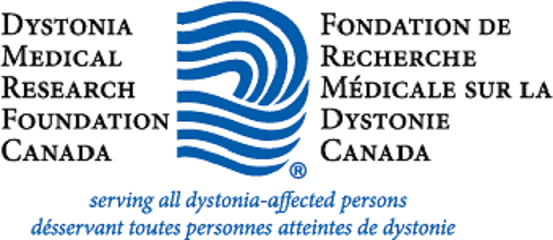James C. Kilik Memorial Research Awards Fund Groundbreaking Science
The DMRF is funding two James C. Kilik Memorial Research Awards to investigate innovative treatment strategies for dystonia, the disorder that has devastated the careers of high profile musicians such as legendary pianists Leon Fleisher and Gary Graffman, oboist Alex Klein, hip hop icon Darryl “DMC” McDaniels, and numerous others.
“It’s a new day dawning for anyone like me thanks to the late, wonderful clarinetist Jim Kilik,” says critically-acclaimed guitarist and DMRF Awareness Ambassador Billy McLaughlin. “Even for those who aren’t musicians, research looking at any of the dystonias—whether hand or embouchure or laryngeal dystonia—the research is going to play out over time, as we know it always does, and help find a cure for all types of dystonia.”
James Kilik played clarinet with the Delaware Symphony and was a faculty member at Settlement Music School and Widener University. He became active in the DMRF’s Musicians With Dystonia program after developing hand dystonia in 1995, including appearing in Changing Keys, an independent film about Billy McLaughlin’s battle to reclaim his career after developing dystonia. Kilik left the DMRF a generous bequest upon his death in 2015.
The following investigators earned James C. Kilik Memorial Research Awards:
Robert Chen, MA, MSc, MB BCh, MB BChir, University of Toronto
“Modulating the Functional Connectivity of the Cerebellum in Musician's Dystonia”
Dr. Chen is using functional MRI to identify impaired connections between the cerebellum and parts of the brain that mediate movements and cognition, and testing whether these connections can be normalized by non-invasive brain stimulation. This is the first study to look at functional brain connections in musicians with hand dystonia and the first to test the effects of cerebellar stimulation in musicians with dystonia.
Christine Kim, MD, Columbia University
“A Study to Identify Kinematic and Force Measures Capturing Impairment in Musician’s Dystonia among String Players and Improvement with Retraining Therapy”
Treatment for musician’s dystonia is challenging and typically includes physical therapy to ‘re-learn’ the movements required to perform. Retraining therapies have had some success among keyboard players, but not yet among string players. Dr. Kim seeks to better understand how the timing, motion, and force of finger movements is affected by dystonia in string players in order to design more effective retraining therapy.
Video of DMRF Awareness Ambassador Billy McLaughlin speaking about musician’s dystonia research funding is available at youtube.com/FacesofDystonia
